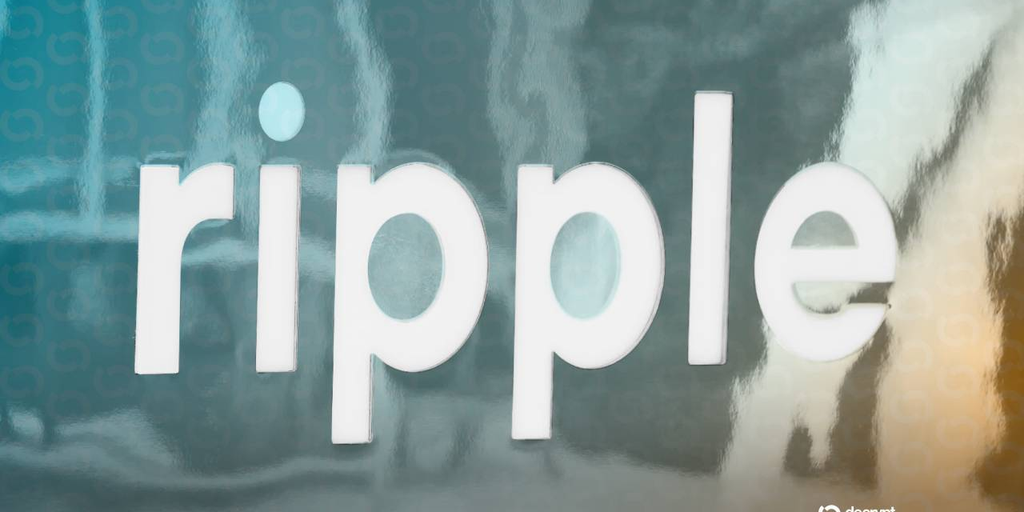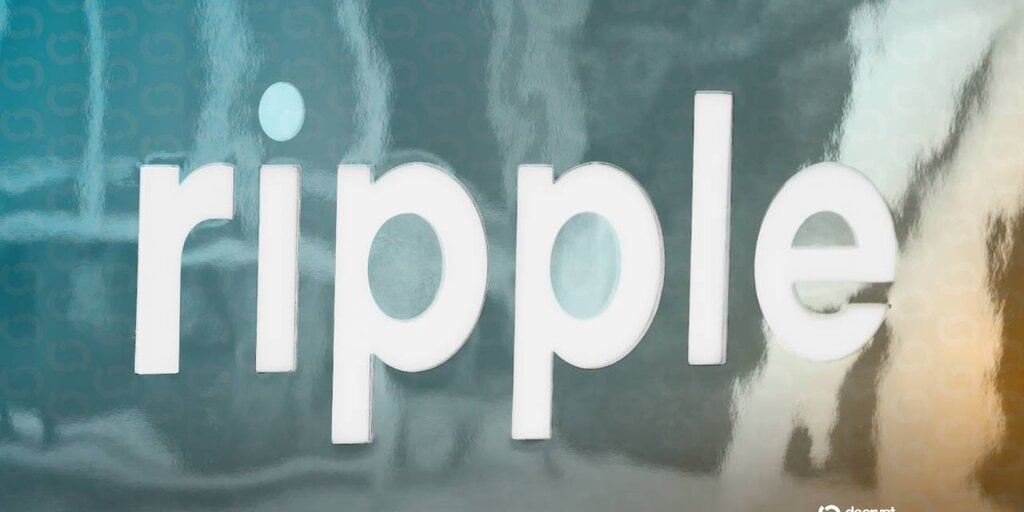Ripple and SBI to Launch RLUSD Stablecoin in Japan by Early 2026

In brief
Daily Debrief Newsletter
Start every day with the top news stories right now, plus original features, a podcast, videos and more.


Ripple and SBI Holdings are preparing to launch the RLUSD stablecoin in Japan by early next year, as the country’s freshly crafted stablecoin laws open its market to foreign issuers.
The joint move was signed under a memorandum of understanding that will see Ripple’s RLUSD stablecoin distributed in Japan through SBI VC Trade, the group’s licensed crypto exchange, Ripple announced late Thursday evening.
Ripple’s entry would help step up the “reliability and convenience of stablecoins in the Japanese market,” SBI VC Trade CEO Tomohiko Kondo said in a statement.
It comes as Japan’s Payment Services Act amendment took effect in June 2023, establishing a licensing regime for electronic payment instruments. An earlier version of the stablecoin framework was passed by the Japanese parliament in 2022.
The framework has been continuously refined through new amendments set to roll out by 2026, including relaxed reserve requirements and updated licensing tiers, according to a report from Asia Business Law Journal.
Under the new rules set to take effect next year, only licensed entities such as fund transfer service providers or trust banks can issue or distribute fiat-pegged stablecoins, a framework that has opened the door to regulated launches like RLUSD.
SBI VC Trade was the first in Japan to secure an Electronic Payment Instruments Exchange Service Provider license, allowing it to handle foreign-issued stablecoins.
“Japan quietly has a very structured and bank-friendly crypto regime given its continuously revised Payment Services Act,” Rick Maeda, Tokyo-based analyst at Presto Research, told Decrypt.
Ripple “leverages this regulatory moat as well as SBI’s deep retail and institutional reach,” Maeda said.
He pointed to RLUSD’s “institutional branding and reserve transparency,” which could help it against competitors, given how the Japanese market’s regulators, banks, and corporates “place a premium on compliance.”
Earlier in March, NYSE-listed stablecoin issuer Circle received the first approval of a U.S. dollar-pegged stablecoin in Japan for its USDC product. Tether, which issues USDT, a larger competing stablecoin, has not received similar approval.
RLUSD, meanwhile, operates with a smaller market circulation of about $667 million over an average daily trading volume of about $71 million, according to data on CoinGecko.
RLUSD is issued under a New York State trust-company charter, backed fully by cash, short-term Treasuries, and cash equivalents with monthly reserve attestations, according to Ripple.
Start every day with the top news stories right now, plus original features, a podcast, videos and more.
Post Comment